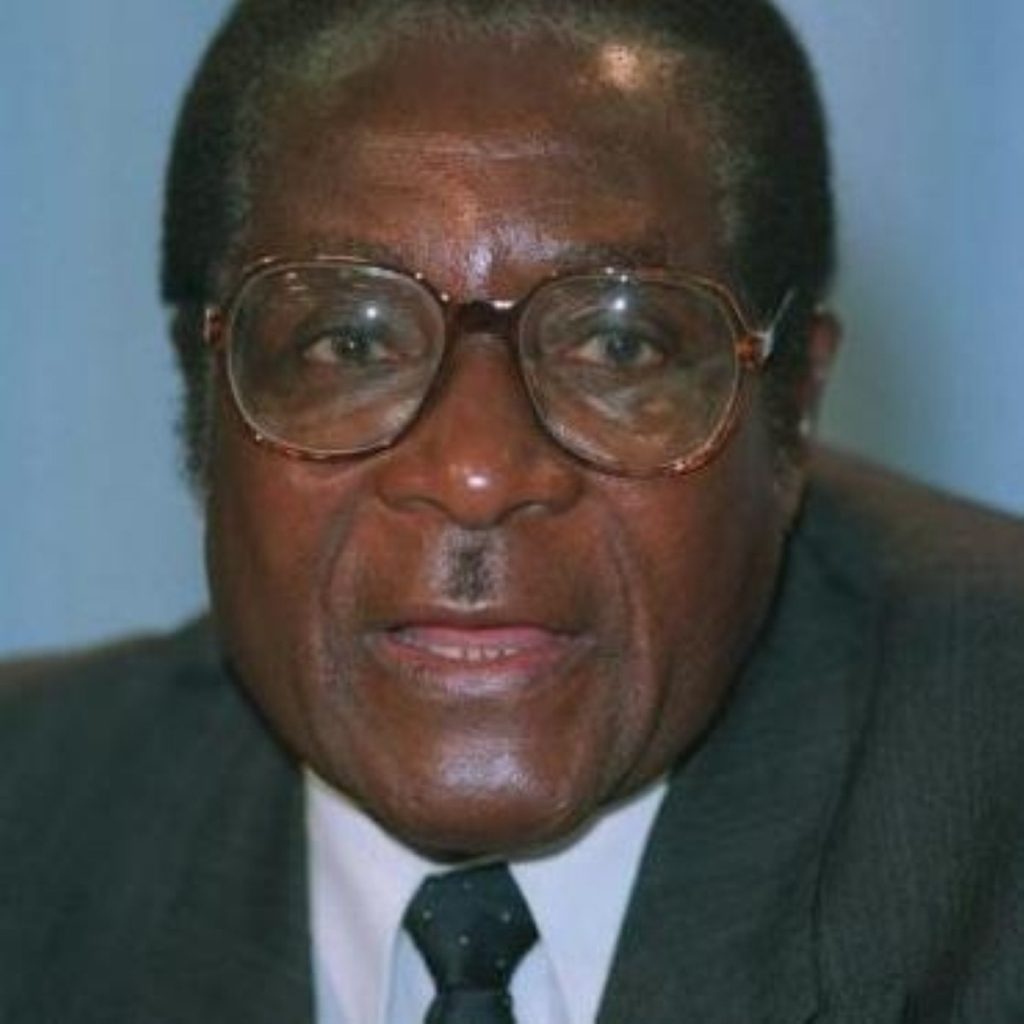Govt wins right to send Zimbabweans back
The government has won the right to send failed asylum seekers back to Zimbabwe, after a court decided there was no automatic risk of their being tortured on return.
Immigration minister Liam Byrne said the government would now resume the enforced deportation of Zimbabweans who it considered were not at genuine risk of ill-treatment.
However, he accepted the government was still “deeply concerned” about the political and economic situation in Zimbabwe, prompting the Refugee Council to insist that ministers had today won “a small legal victory but not the moral argument”.
Today’s ruling by the Asylum and Immigration Tribunal (AIT) does not give ministers a carte blanche to deport all the Zimbabweans who have failed to gain refugee status in Britain, but says each case must be reviewed independently.


Following the AIT’s decision last October that an asylum seeker should not be returned to Robert Mugabe’s regime in Zimbabwe because of safety concerns, the government has been unable to force any returns.
But following criticism by the Court of Appeal in April, the AIT was forced to reconsider its conclusion, and today ruled there was no automatic assumption that Zimbabweans would face a “real risk of being subjected to persecution or serious ill-treatment” at home.
“Each case must be considered on its own facts,” said Mr Justice Hodge.
Mr Byrne welcomed the tribunal’s ruling, saying it supported the government’s position that the involuntary return of failed asylum seekers to Zimbabwe does not put them at risk of mistreatment.
“Enforcing the return of those who have no right to remain here is a key part of upholding a robust and fair asylum system,” he said.
“We recognise that there are Zimbabweans who are in genuine fear of persecution and that is why we have granted them asylum, but it is only right that we remove those who seek to abuse our hospitality.”
About 15,000 Zimbabweans have arrived in Britain in the past five years, some of whom have been allowed to stay. But those who have not been given asylum now face being forced back if they refuse to accept voluntary return.
Mr Byrne pointed out that between October last year and this April, when the AIT’s decision was set aside by the court of appeal, asylum applications from Zimbabwe more than tripled. However, they have fallen dramatically since then.
“It is therefore essential that we resume returns to send a clear signal to those who come here believing they can abuse the system that they will not be allowed to stay unless they have a genuine need for protection,” he said.
However, Tim Finch, director of communications at the Refugee Council, condemned today’s ruling, saying it believed it was still unsafe to remove anybody to Zimbabwe.
“The ruling, while restoring the legal right to enforce removals, nonetheless makes it clear that a lot of people are at real risk if they are sent back,” he said, and urged the government to “tread carefully” in deciding who to deport.
Shadow home secretary David Davis said the whole issue was confused because of the government’s failure to come up with a coherent policy and analysis on Zimbabwe, something the Conservatives had called for a year ago.









